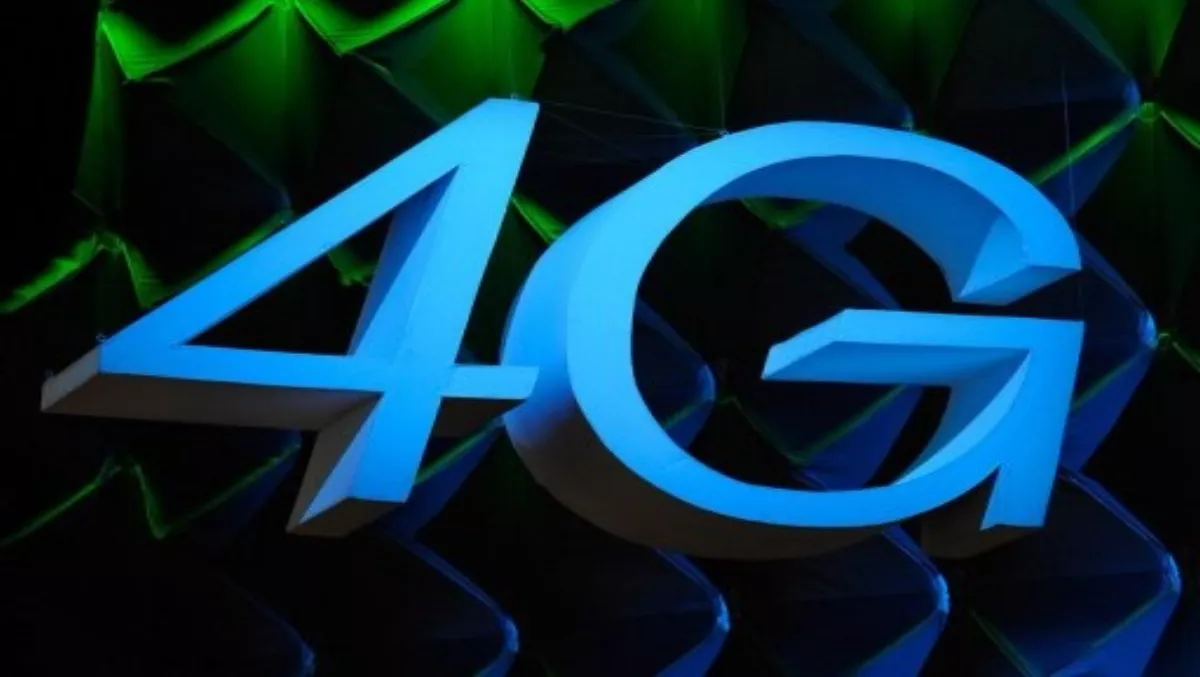
Telco trio secure successful 700 MHz 4G spectrum bids
The initial allocation round of the 700 MHz spectrum auction has resulted in 2degrees, Telecom, and Vodafone each acquiring management rights to spectrum in the 700 MHz band.
Telecom and Vodafone have each successfully bid $66 million (plus GST) for 2x15 MHz (three lots), while 2degrees successfully bid for 2x10 MHz (two lots) at a price of $44 million (plus GST).
Speaking after the announcement, Telecom CEO Simon Moutter said: “We are pleased to have acquired management rights for the maximum three lots available to an operator in the first round of the auction.
"These rights will underpin our plans to bring 4G network speed and performance to more New Zealanders.”
The outcome leaves one 2x5 MHz block of spectrum unsold, with the government expecting to make a decision about the unsold spectrum block in the coming weeks.
In respect to any unsold spectrum, the auction rules allow the government to relax the initial 2x15 MHz bidding limit to 2x20 MHz, enabling bidders to compete for the remaining block of spectrum in a supplementary allocation round.
Alternatively, the government could retain the unsold lot and allocate it at a later date.
“Overall, this is a successful outcome for the auction that bodes well for the future of competitive fourth generation (4G) mobile services in New Zealand," says Amy Adams, Communications and Information Technology Minister.
“While 2degrees has bid for slightly less spectrum than Telecom and Vodafone, internationally we have seen that 2x10 MHz is sufficient to run a viable 4G network and provide much faster data speeds to mobile customers.
“Examples of 4G mobile networks with 2x10 MHz of comparable spectrum can be found in Australia, the United Kingdom, South Korea, and many European countries.”
The 700 MHz spectrum has been freed up for new uses following the switchover to digital television.
The auction conditions include requirements for mobile network operators to upgrade their existing rural cell sites to 4G capability within five years, and for successful bidders to continue expanding cellular coverage.
These requirements are designed to ensure that at least 90 per cent of New Zealanders have access to a 4G network and faster mobile broadband coverage within five years.
4G mobile broadband services are capable of speeds up to ten times faster than existing mobile data networks, and are expected to help meet growing consumer demand for mobile data.
Indications are that by using the spectrum for 4G mobile networks, economic benefits for New Zealand of up to $2.4 billion can be expected over the next twenty years.

